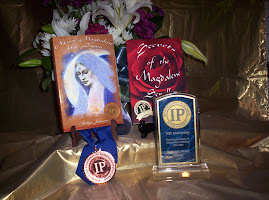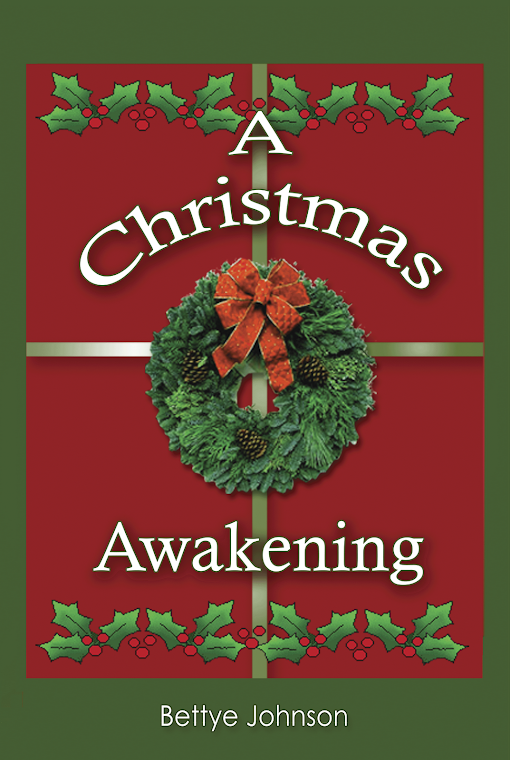Bettye Johnson ©
Recently I was sent an article written by a skeptic (the individual’s term) whose writing was vitriolic and filled with innuendos and misinformation about a noted personality. It was what one could term character assassination. The author of this article stated that email would be deleted sent in response to this article that was in disagreement. In discussing this with a friend, we noted the hypocrisy of the author. This led me to think about the meaning of skeptic.
First I researched the work skeptic. Several on-line dictionaries define it as coming from the Latin septicus and its etymology comes from Greek, a disciple of Phyllho of Elis, (Greek Philosopher.) Breaking this down to a simple definition of to examine.
Another definition is one who instinctively or habitually doubts, questions, or disagrees with assertions or generally accepted conclusions and also a doubter who demands physical proof. Whew! The original meaning to examine seems to have gotten left by the wayside as we evolved.
In addressing a skeptic such as I described in the first paragraph, this smacks of people who habitually doubt and this becomes their modus operandi. In other words they become addicted and delight in tearing down. There is nothing productive in their skepticism. I am reminded of the book titled Flatland by Edwin Abbott who wrote this mathematical satire during the Victorian age. Using math, Abbott draws a picture of a two-dimensional universe and how limiting it is. Perhaps one could say an aspect of a habitual skeptic is a Flatlander.
In using the term habitual skeptic, I am addressing those who under the guise of skepticism ridicule and perform character assassination to prove their limited point of view. It is as if they get pleasure from writing vicious untruths and perhaps it is because there is something in the author that is in denial and hidden. Therefore the writer hides behind the word skeptic. This is sad and nothing one can say or do will alter their viewpoint. If we dig into their skepticism, we will find a deep-rooted fear. Unfortunately fear promotes the seeds of bigotry, discrimination and prejudice. Thus an extreme skeptic is in all likelihood a bigot and a fear-monger. It would not matter how many proofs or facts one presented, it would not change their closed minds.
Most of us are skeptic from time to time when something new is presented which is not in keeping with our current knowledge. In addressing another aspect of skeptic, which is doubt. I would say that almost everyone has had doubt about something at some point in his or her life. I have learned that doubt is even more limiting than the habitual skeptic. Doubt is part of fear and it is the killer of dreams. Doubt limits one from accepting new knowledge and new experiences.
The right use of skepticism is another facet. There are times when it is wise to be skeptical and this is in keeping the original meaning of to examine. There are times when we need to pause and examine new information. I learned that when new information or opportunities came and I was skeptical that if I would pause and tell myself it’s possible or use the word perhaps then I left the door open for new information to come in. I would assess the new information and sometimes use my past experience or use my intuition. At the time I began using this method I didn’t realize that I was often using my instinct or my knowingness.
In researching this article on Internet, I came across The Skeptics Society and The Skeptics Magazine. Here at last was the right use of the word skeptic! Here is their introduction:
The Skeptics Society is a scientific and educational organization of scholars, scientists, historians, magicians, professors and teachers, and anyone curious about controversial ideas, extraordinary claims, revolutionary ideas, and the promotion of science. Our mission is to serve as an educational tool for those seeking clarification and viewpoints on those controversial ideas and claims.
In other words, to examine in order to make choices and gain knowledge. Returning to my reference in the first paragraph regarding the extreme habitual skeptic, I say there is no use in attempting to change the viewpoint of one who has a closed mind. In fact, I feel pity for such an individual because this type of skeptic is shutting the door to great knowledge and the ability to live and explore life to its fullest. I am paraphrasing Jesus, who said to bless those who curse you. Therefore, let’s bless these people because they need all the blessings they can get.
I have made a ceaseless effort not to ridicule, not to bewail, not to scorn human actions, but to understand them. - Baruch Spinoza














